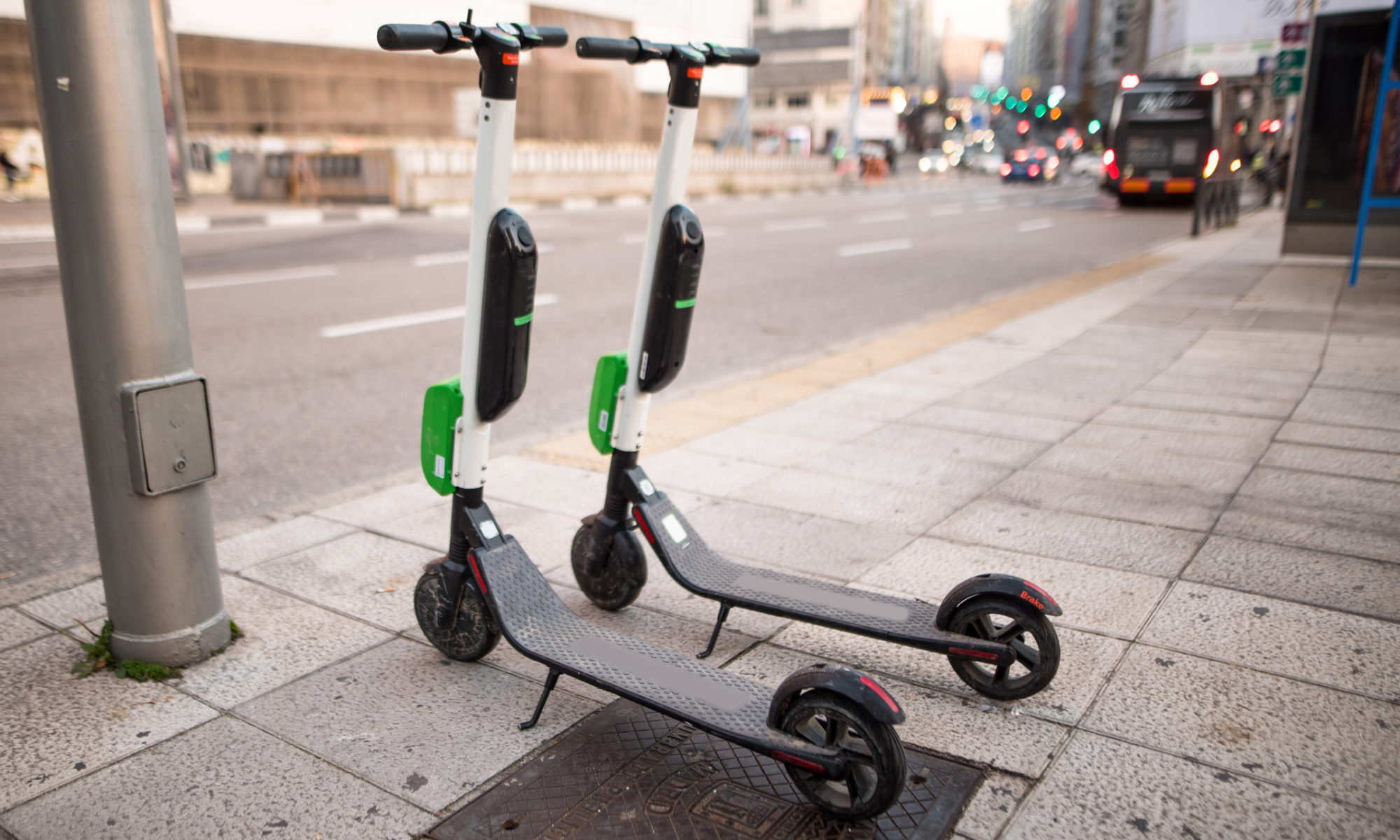By Dave Williams / Bureau Chief – Capitol Beat News Service
ATLANTA – Electric scooters started showing up on city streets and college campuses in Georgia a year and a half ago, but the General Assembly has yet to figure out how to regulate them.
A state Senate study committee has released a report recently on how to approach the issue that is expected to become the starting point for a bill lawmakers will consider during the 2020 session that kicks off Jan. 13.
The panel’s recommendations seek to balance concerns for public safety driven by an explosion of e-scooters in Atlanta and its suburbs with a desire to encourage an industry with potential to help alleviate the metro region’s chronic traffic woes.
“I’m not against some common-sense regulations,” said Sen. Steve Gooch, R-Dahlonega, the study committee’s chairman. “But we need to create innovation. … There’s an opportunity here for Georgia to offer a private-sector solution to a problem that’s been around for years.”
Georgia cities’ reactions to the sudden proliferation of e-scooters reflects the uncertainty surrounding the technology. While Atlanta, Brookhaven and Decatur allow scooters, 12 cities have either banned them outright or imposed a temporary moratorium on scooters while elected officials consider how to regulate them.
Even the cities that allow scooters have imposed restrictions on their use. In Atlanta, Mayor Keisha Lance Bottoms issued an executive order last year prohibiting nighttime use of scooters, while the Atlanta City Council passed an ordinance repealing the city planning department’s authority to issue new permits to scooter companies.
The crackdown followed several deaths involving e-scooters and complaints from pedestrians about the number of scooters parked illegally on sidewalks.
The study committee’s recommendations caution against overregulating scooters, suggesting local governments refrain from either banning them or capping the number of scooters allowed on local roadways.
Gooch said a scooter bill that failed to make it through the Georgia House of Representatives last year included so many restrictions it would have discouraged scooter companies from setting up shop.
“The last thing you want to do with an industry like this is overregulation,” he said.
But Michael McPherson, a governmental relations associate with the Georgia Municipal Association, said cities need time to weigh lingering uncertainties about the safety of e-scooters.
“If we can’t do a moratorium, how can we address safety concerns everybody agrees are there?” he asked.
McPherson said he has other questions about the study committee’s report, including its recommendation that the state model rules of the road for e-scooters after existing rules for bicycles whenever possible.
“Bikes are allowed to go out on any highway that does not have limited access,” he said. “That means roads with speed limits of 65 miles an hour.”
Gooch said lawmakers and representatives of local governments and the scooter companies will work to reach a consensus on such concerns during the upcoming legislative session.
Although a scooter bill Gooch introduced into the Senate last year is still pending, he said he expects to start over with a new measure.
“There should be common-sense guidelines for scooters, just like with automobiles, bicycles and motorcycles,” Gooch said. “[But] the technology is continuing to evolve. We don’t want to box them in too much.”
AT A GLANCE
Here are some of the recommendations of the Georgia Senate study committee on electric scooters:
- The state should set the rules of the road for scooters and match them with existing rules for bicycles whenever possible.
- The state should clearly define scooters in statute broadly enough to anticipate future technology.
- State and local governments should be careful not to overregulate scooters.
- State and local governments should embrace safer roads with dedicated infrastructure for bicycles and scooters and lower automobile speed limits in corridors with high scooter and bicycle traffic.
- Local governments should not restrict access to scooters either by banning them or capping the number of scooters allowed on local roadways.
- State and local governments should encourage the scooter industry to provide charging stations at fixed locations to help reduce clutter.
Source: Georgia Senate Research Office

